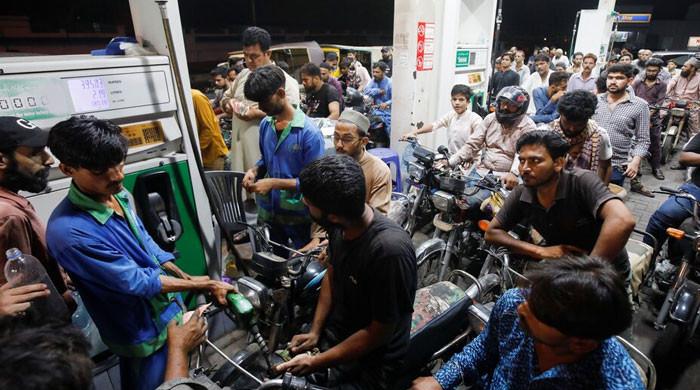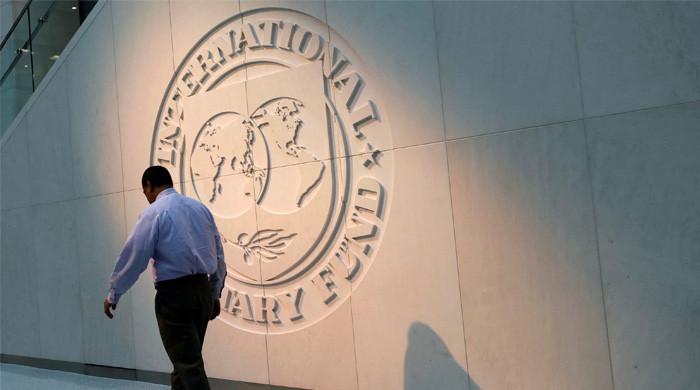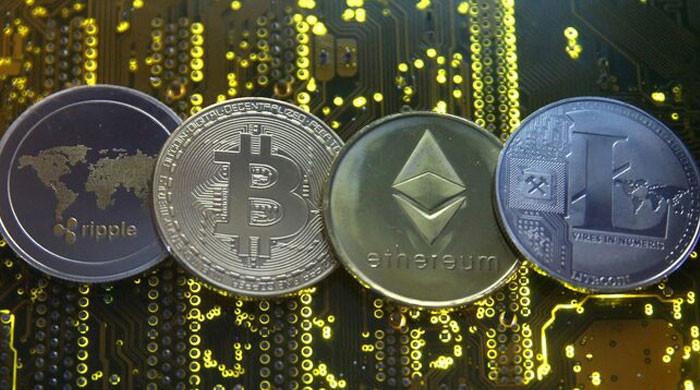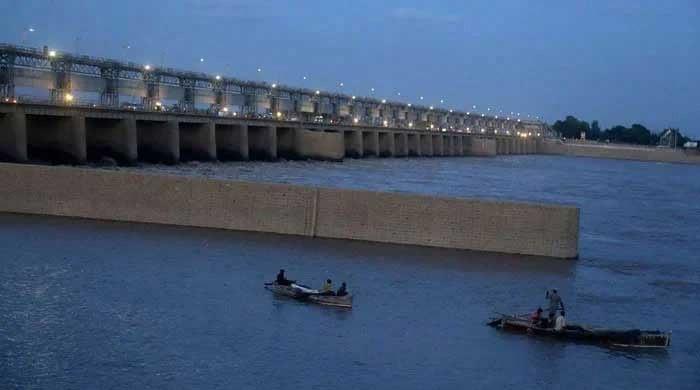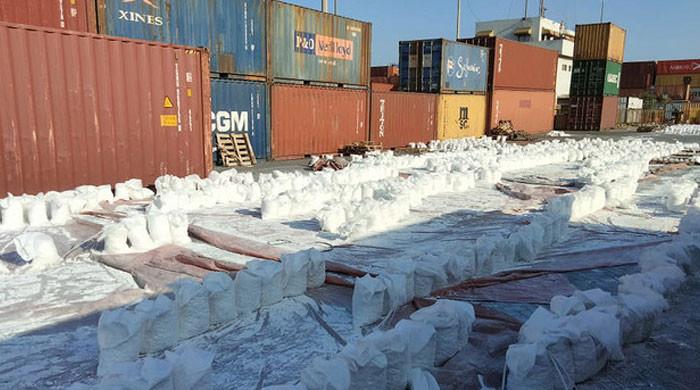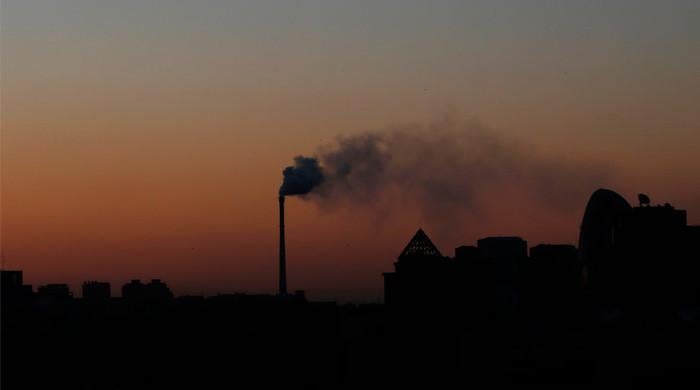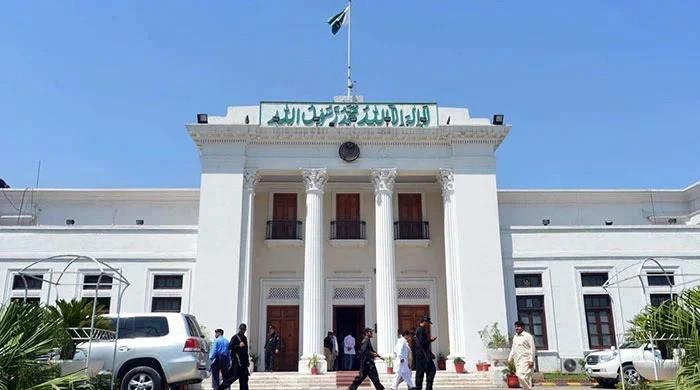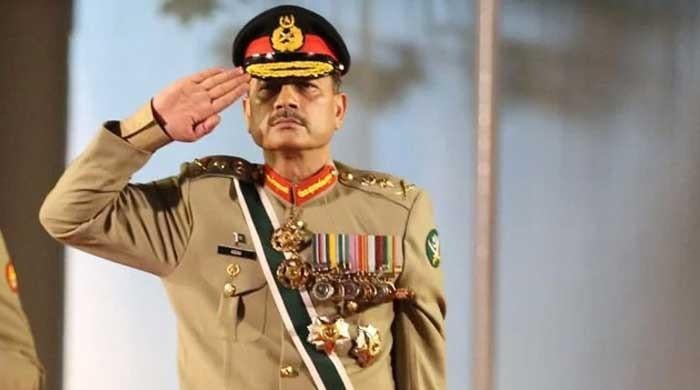Delusion next door
Delhi cannot buy peace in IIOJK on back of violent and bloody policy of occupation and annexation
April 25, 2025
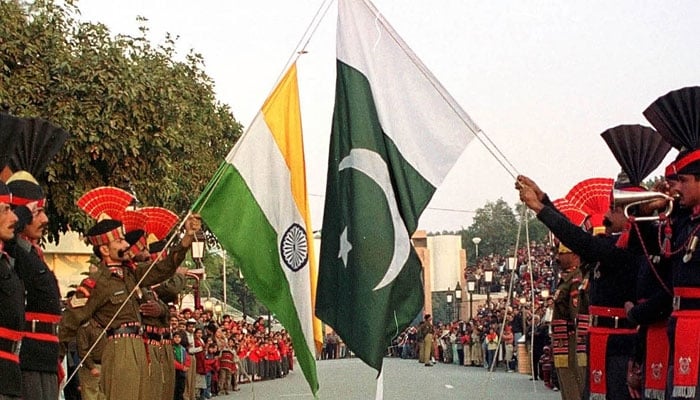
The last 36 hours in Pakistan-India relations have reinforced patterns that have continued to dominate relations between these two nuclear-armed neighbours who share multiple borders, centuries-old history, critical trade routes, rivers and waterways and no less potentially catastrophic climatic challenges in commonly shared climate zones.
Yet none of this prevents the two countries — and their people — from virtually living on the edge, constantly at risk of plunging into an unfathomable valley of death and destruction. Verbal clashes, acts of sabotage, subversive tactics, death squad patrols and skirmishes threaten to escalate into full-scale wars, whether limited or unlimited.
And the reason, once again, bears repeating: the unresolved Jammu and Kashmir issue. The international community, led by the United Nations Security Council through Resolution 47 (1948), committed to holding a plebiscite to determine the region's future. This commitment must finally be honoured, and the issue resolved.
The rough and ragged bilateral ties — overshadowed by wars, near-wars and diplomatic standoffs — not only create a context in which nearly 2.08 billion people, one-fourth of the global population, continue to live in poverty, chaos, hatred and underdevelopment but also now raise the alarming prospect of nuclear-armed states inching toward Armageddon.
More than half a century later, plus one year, this also highlights and testifies to the centrality of resolving the Jammu and Kashmir issue as a necessary step towards lifting large swathes of South Asia out of subhuman conditions.
Recognising this, the UN Security Council once again, in 1998, following the nuclearisation of both states, passed Resolution 1172, which specifically called for the resolution of the long-standing Jammu and Kashmir dispute.
Over the past 36 hours, beginning with the tragic terror attack that killed 27 innocent Indian citizens vacationing in the remote resort town of Pahalgam in Indian Illegally Occupied Jammu and Kashmir (IIOJK), tensions have dramatically escalated.
Pakistan was swiftly accused of supporting the group that claimed responsibility for the cold-blooded killings. In response, the Indian government, along with much of the Indian media, erupted in hysteria, calling for Pakistan to be "punished" and "taught a lesson". Indian Prime Minister Narendra Modi cut short his state visit to Saudi Arabia, returning early to deal with the crisis.
On Indian television, retired General Bakshi appeared visibly distraught, calling for military action against Pakistan and warning that failure to do so would make India appear as a "nation of eunuchs". He even went so far as to disparage Bangladesh, referring to it as a "two-anna nation".
By late night, India had announced its decision to withdraw from the Indus Waters Treaty (which was brokered by the World Bank), cancelled its participation in Saarc, revoked all visas issued to Pakistani citizens, and reduced the staff of Pakistan's High Commission. It declared to the international community that terrorism emanating from Pakistan must be stopped at all costs.
Notably, the high-level security meeting convened in Delhi excluded the elected chief minister of IIOJK, Omar Abdullah. India's decision to hold the Indus Waters Treaty in abeyance sets a dangerous precedent. It will also come to haunt India, which has water agreements with other countries.
Pakistan responded by urging the international guarantors of the Indus Waters Treaty to question and take appropriate action against India's unilateral withdrawal from the agreement — an act that is clearly illegal and requires immediate attention. In a near-mirror response, Pakistan also called for the immediate departure of Indian High Commission staff in Islamabad, including defence attaches.
Now, let’s contextualise the attack and the responses. The killing of innocent civilians must be unequivocally condemned, and deepest condolences go to the families of the deceased. While an inquiry is essential, past experiences suggest that such investigations often amount to little.
Some voices in Pakistan have labelled this a false-flag operation. I won't make that claim myself, as I lack concrete evidence — but I also can't dismiss the possibility, especially considering the precedent of the Chattisinghpora Sikh killings in 2000. In that case, former US president Bill Clinton noted in a preface that Indian agencies were allegedly involved, and the narrative was later quietly withdrawn.
As for Pulwama — remember what the governor of IIOJK publicly said on multiple occasions? That it was orchestrated by the Indian government to score political points during an election season.
And there is the other dimension of the context that must be factored in. First, obviously, that killing of innocent citizens has to be condemned and it can't be justified under any circumstances just as the killing by Indian forces of innocent Kashmiris who are buried in those nameless graves in the large cemetery in the heart of Srinagar.
Equally condemnable are the atrocities committed by the Indian state against imprisoned Kashmiri politician and nonviolent leader Yaseen Malik and no less against peace-loving humanist Kashmiri activist Khurram Parvez — both of whom the Indian state wants dead so as to silence the voice of Kashmiri freedom fighters.
With the blood of iconic Kashmiris like Gilani and Burhanuddin Wani, indirectly or directly on the hands of the Indian state, it is the Indian state that must bear some responsibility for those who are killed in the crossfire of IIOJK.
There is the palpable reality that India can hide but not erase. Kashmiris in large numbers are hugely resentful of the developments of August 2019. If India believes its illegal annexation is a done and dusted action, it is indulging in utterly misplaced optimism. These matters require dialogue and settlement.
The policing of All Parties Hurriyat Conference (APHC) leader Gilani Sahib's grave, sending death squads to Pakistan over the last couple of years, the weaponisation of water — these are all the ugly steps of an occupation state.
It is often said that India's behaviour is to be taken as the inevitable behaviour of a major power and the diktat of realism instructs Pakistan to accept this behaviour.
The fact is that Pakistan is a middle power, and with all its many internal contradictions and problems, it is fully equipped to push back Indian hegemony and state terrorism. It will not necessarily succeed within the immediate context. Neither will India be an unchallenged hegemon in our region of South Asia.
Delhi cannot buy peace in IIOJK on the back of its violent and bloody policy of occupation and annexation nor can it unilaterally pull out without serious consequences from the Indus Waters Treaty. The world must comprehend the reality and the consequences of its policies towards India and Pakistan.
And while battles provide no answers, as Pakistan too has learnt the hard way in Kargil, if India is looking for one — Pakistan is prepared to fight back.
The writer is a senior journalist. She tweets at @nasimzehra and can be reached at: [email protected]
Disclaimer: The viewpoints expressed in this piece are the writer's own and don't necessarily reflect Geo.tv's editorial policy.
Originally published in The News




